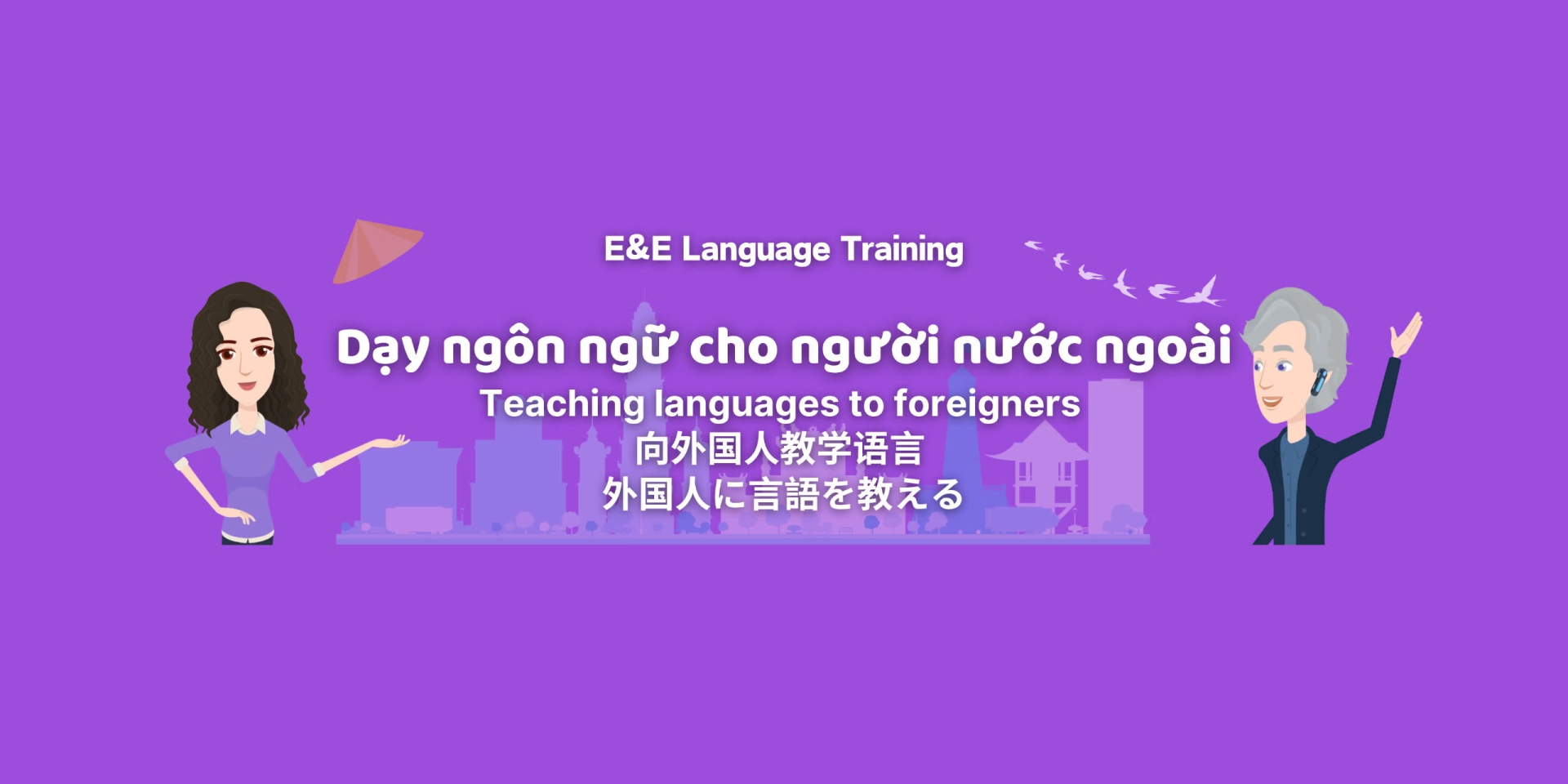E&E Language Training Company Limited (hence referred to as "E&E") is a Vietnamese social enterprise operating under Business Registration Certificate No. 0110430132 granted by the Hanoi Department of Planning and Investment on July 27, 2023, with the first change on October 13, 2023.
The Company's primary activity is to provide language training services to satisfy the registered social goals, which are publicly declared on the national information site for Vietnamese enterprises. The societal challenges that the company wants to alleviate are as follows:
- The primary social issue: Many foreigners and Vietnamese children born and reared overseas find it challenging to learn Vietnamese.
This is a negative societal issue for Vietnam. Many persons of Vietnamese descent gradually lose or learn too little of their mother tongue, making it difficult to communicate with fellow Vietnamese.
Many young individuals born and raised overseas, while having been taught Vietnamese by their parents, have little opportunities to communicate with Vietnamese people owing to their living and studying environment, therefore they can only speak Vietnamese fluently or Vietnamese. combined with other languages and frequently misunderstood personal pronouns. Vietnamese is more than just a language; it is also the foundation of Vietnamese culture, the thread that connects families, children and grandchildren, relatives and parents.
Currently, Vietnam is integrating into the global market. Foreign enterprises have promoted capital investment in Vietnam, which has resulted in an increase in the number of foreign workers. As a result, there is a growing need among foreigners to learn Vietnamese in order to interact more simply and conveniently.
The diffusion of Vietnamese to the rest of the globe remains extremely restricted, and it has not helped to strengthen Vietnam's standing in the world.
- The second societal issue: Is that while Vietnamese people can read and write other languages effectively, they lack confidence in speaking them.
Most Vietnamese individuals learn other languages at school from Vietnamese teachers. As a result, exposure to incorrect, non-native pronunciation might leave "imprints" in your memory, making it difficult to fix proper pronunciation later.
Mass learning is one of the most common reasons why Vietnamese people fail to practice listening and speaking other languages. We are accustomed to studying with hundreds of students crowded into a single classroom, with a teacher speaking and talking while we merely listen and take notes, with little opportunity to really practice speaking the foreign language. A large class size also restricts the teacher's capacity to closely monitor your foreign language listening and speaking practice, uncover errors, and assist you in correcting them.
Learning a foreign language alongside native speakers has several advantages for learners, including strengthening listening skills fast, speaking foreign languages like native speakers, developing communication confidence, and enhancing thinking capacity. Thinking, developing introspection, and broadening awareness of local culture. At the same time, it will help to provide career chances for Vietnamese individuals in international organizations.
- Third societal problem: Many people and children are currently suffering from language-related ailments such as: inability to talk, difficulty speaking effectively, speaking with a lisp, etc. The number is rising by the day. The state does not have many resources to assist these underprivileged individuals in improving their language abilities and integrating into social activities.
Building organizations and language training facilities for persons with language illnesses would assist patients improve their communication skills and integrate into society. Simultaneously, it will assist families with persons suffering from this condition live better lives, therefore reducing societal burden.
Enterprises retain 51% of total earnings (if profitable) to reinvest in the previously stated social and environmental goals.








